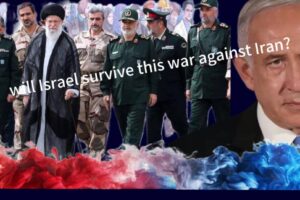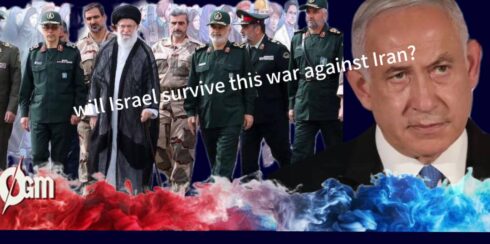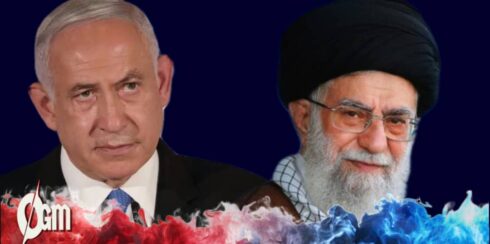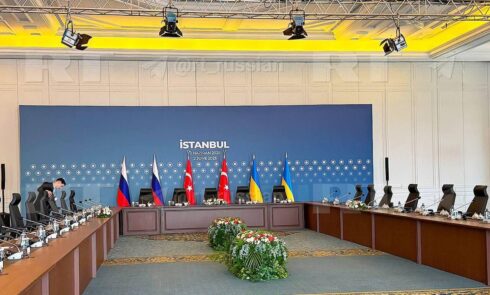Tensions erupted into open warfare early Saturday as Iran launched dozens of ballistic missiles into Israel in a powerful retaliatory strike following Israeli airstrikes on Iranian nuclear facilities and high-ranking military commanders. The missile attacks set off widespread warning sirens across Israeli cities, including Tel Aviv, where several missiles breached Israel’s Iron Dome defense system, causing structural damage and injuries.
According to the Israel Defense Forces (IDF), the initial wave of approximately 100 missiles was launched in two salvos from Iranian territory, targeting key urban centers. Though most were intercepted by Israel’s advanced Iron Dome and Arrow missile defense systems, some evaded interception, hitting buildings and sparking fires. At least 21 people were reported injured, with two in critical condition. Videos and photos shared on social media showed buildings engulfed in flames and emergency services scrambling to provide aid.
In the early hours of Saturday morning, the IDF confirmed another wave of Iranian missiles was underway. Sirens wailed across northern Israel, forcing civilians to seek shelter as military and emergency response units were deployed to several impact zones. The full extent of casualties and damage remains unclear, but Israeli officials said search and rescue operations were active in multiple locations.
Israel Pounds Iran’s Nuclear Infrastructure and Military Command in Preemptive Strike
The Iranian missile attack came just hours after Israel launched a massive preemptive military operation, dubbed Operation Rising Lion. The IDF said more than 200 airstrikes were carried out overnight Friday, targeting Iran’s nuclear enrichment facilities, key military infrastructure, and senior command leadership.
According to Brig. Gen. Effie Defrin, the IDF’s top spokesman, Israeli fighter jets struck nuclear-related facilities in Isfahan and Natanz, including uranium metallic production plants and centrifuge labs. “These were precise, coordinated attacks intended to dismantle the Iranian regime’s nuclear ambitions and its capacity to attack Israel,” Defrin said.
In a dramatic escalation, Israeli Prime Minister Benjamin Netanyahu claimed responsibility for the strike, stating, “We will do whatever it takes to ensure Israel’s survival. Iran’s plan to acquire nuclear weapons is not just a threat to Israel but to the world.” Israel claimed it successfully killed senior Iranian military officials, including Revolutionary Guard Commander Hossein Salami and Chief of Staff Mohammad Bagheri, though Iran has yet to officially confirm these deaths.
U.S. Assists Israel’s Defense But Denies Involvement in Strikes
While the United States played no role in the Israeli offensive, U.S. forces did help intercept Iranian missiles launched in retaliation. A U.S. official confirmed that American assets supported Israel’s defensive efforts during the attacks. U.S. military personnel stationed at bases in Iraq and Syria were ordered into bunkers as a precaution during the Iranian retaliation.
Secretary of State Marco Rubio emphasized that Israel acted alone, stating, “This was not a U.S. operation. We were informed ahead of time, but we remain committed to de-escalation.” The State Department had earlier alerted several allied governments in the Middle East about Israel’s intended strikes.
Former President Donald Trump weighed in on social media, blaming Iran’s leadership for refusing to reach a nuclear agreement with the U.S. “There has already been great death and destruction, but there is still time to make this slaughter end,” Trump posted. “Iran must make a deal before there is nothing left.”
OGMNews.COM
Israel Risks Global War with Preemptive Strike on Iran’s Nuclear Sites — Tehran Vows Devastation in Return
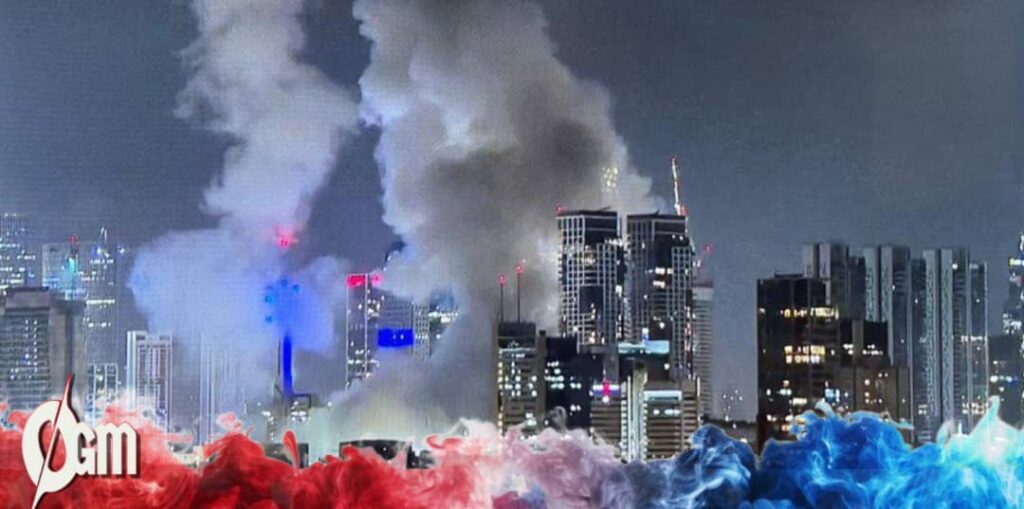
International alarm over the unfolding conflict has grown rapidly. NATO Secretary-General Mark Rutte, speaking in Sweden, called on all parties to step back from the brink. “This was a unilateral action by Israel, and it is crucial that allies work now to de-escalate,” Rutte said. He downplayed fears of nuclear confrontation but emphasized the risk of spiraling violence.
Meanwhile, the International Atomic Energy Agency (IAEA) reported damage to the Natanz enrichment facility but said Iran’s Fordo site and the Bushehr nuclear power plant were intact. Radiation levels at impacted sites remained stable. However, explosions near the Fordo site suggest further Israeli activity may be ongoing.
Iran’s Supreme Leader Ayatollah Ali Khamenei vowed severe retaliation, saying, “The Islamic Republic will not remain silent in the face of this crime. Israel should await a harsh response that will make it regret this foolish act.”
Regional Fallout: Rising Fears of a Wider Middle East War
With both Iran and Israel exchanging blows and casualties mounting, analysts warn of a possible escalation into broader regional conflict. Iran has long supported proxy groups like Hezbollah and Hamas, while Israel has previously targeted these groups in Lebanon and Gaza. The current situation could ignite those frontlines anew.
Israeli officials, meanwhile, remain defiant. “We are prepared for a campaign on all fronts,” Netanyahu declared. “Our mission is not yet complete. We will continue until the threat is neutralized.”
The IDF’s continuing airstrikes suggest that the conflict is far from over. Defense experts warn that Israel’s initial show of military dominance could provoke a multi-phase Iranian response, possibly involving proxies or attacks on U.S. bases, which would risk dragging American forces into the war.
As of now, the world watches anxiously, with diplomatic efforts underway behind the scenes to prevent a full-blown Middle East war. Yet with Ira and Israel locked in a deadly exchange, and neither side backing down, the risk of further bloodshed remains dangerously high.




